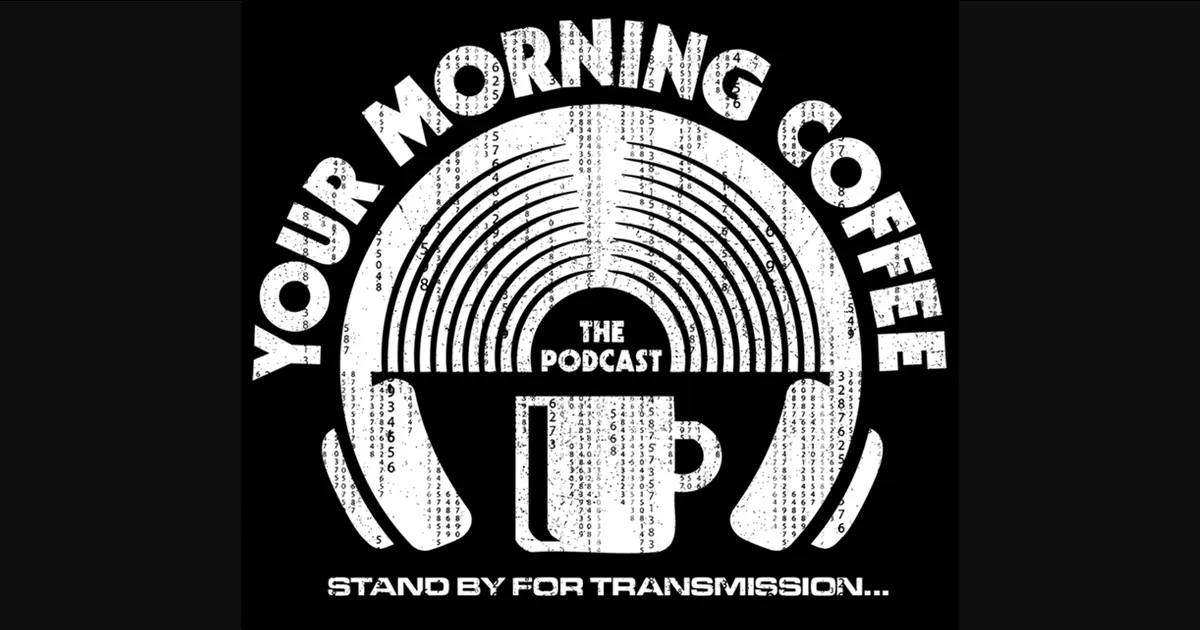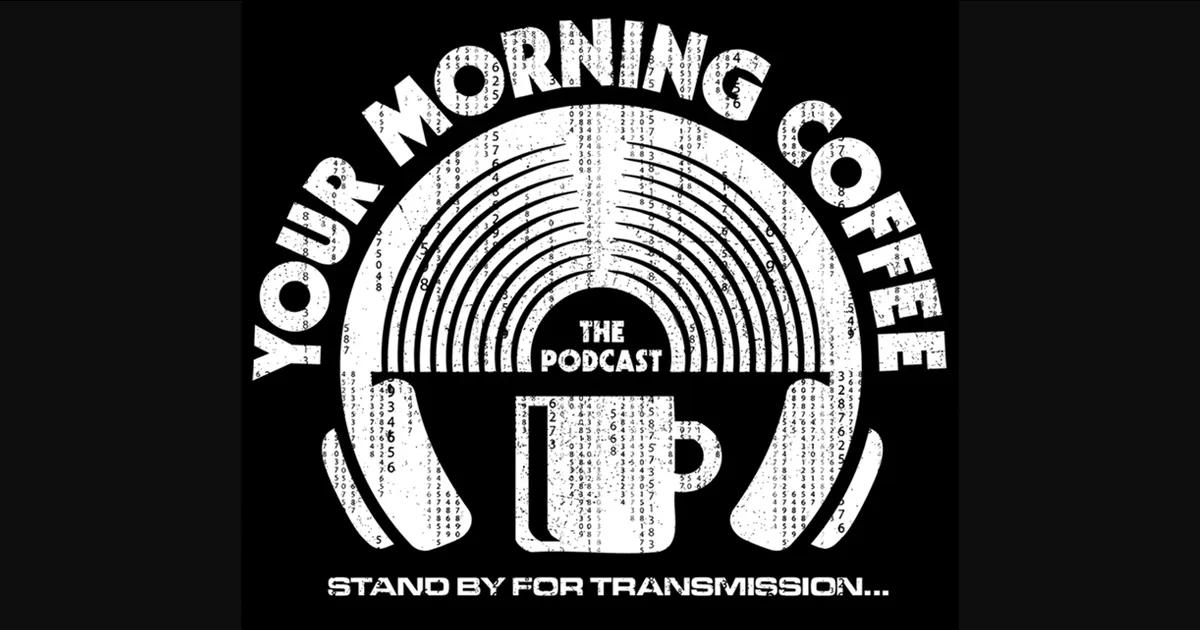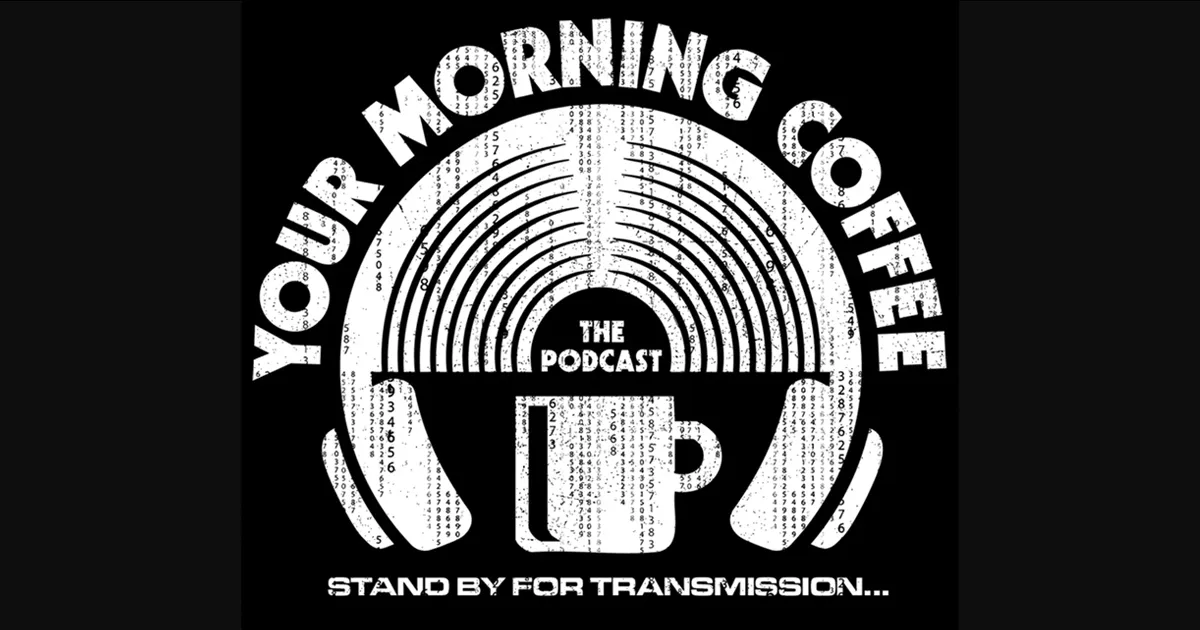__________________________
Guest post by William Glanz of SoundExchangeMembers of the Senate Judiciary Committee yesterday expressed broad bipartisan support for the Music Modernization Act (S. 2823), a comprehensive music reform package introduced by Senator Orrin Hatch (R-UT). This unprecedented wave of support from senators adds momentum to reform efforts and makes it more important than ever for music creators to contact lawmakers and urge them to support Senator Hatch’s Music Modernization Act.Chorus of SupportSenators on both sides of the political aisle joined the chorus of support for Senator Hatch’s bill and urged swift passage:
This unprecedented wave of support from senators adds momentum to reform efforts and makes it more important than ever for music creators to contact lawmakers and urge them to support Senator Hatch’s Music Modernization Act.Chorus of SupportSenators on both sides of the political aisle joined the chorus of support for Senator Hatch’s bill and urged swift passage:- “If I interpret it correctly, every member of this committee who has shown up here today is for solving this problem, and I hope that we can move ahead and get this problem solved because it is really unjust the way the current system works, as far as I’m concerned. I think we can make it a much better system with a lot more incentives than we have today, and create a situation where a lot of talented people can get involved and we’ll all benefit from more music, more talent and more opportunity,” Senator Hatch said at the conclusion of the hearing.
- “I think we should just take a moment… and recognize that we have right in front of us a chance for the Senate to solve a long-standing problem,” said Senator Chris Coons (D-DE), a cosponsor of the CLASSICS Act (S. 2393), which is part of the comprehensive Music Modernization Act.
- “I think the 415-0 vote in the House is instructive on how much support there is for this bill,” Senate Judiciary Committee Chairman Charles Grassley (R-IA) said. “I’m encouraged by the momentum [of] the unified package and the possibility of Congress finally passing meaningful reform in this area.”
Related articles









